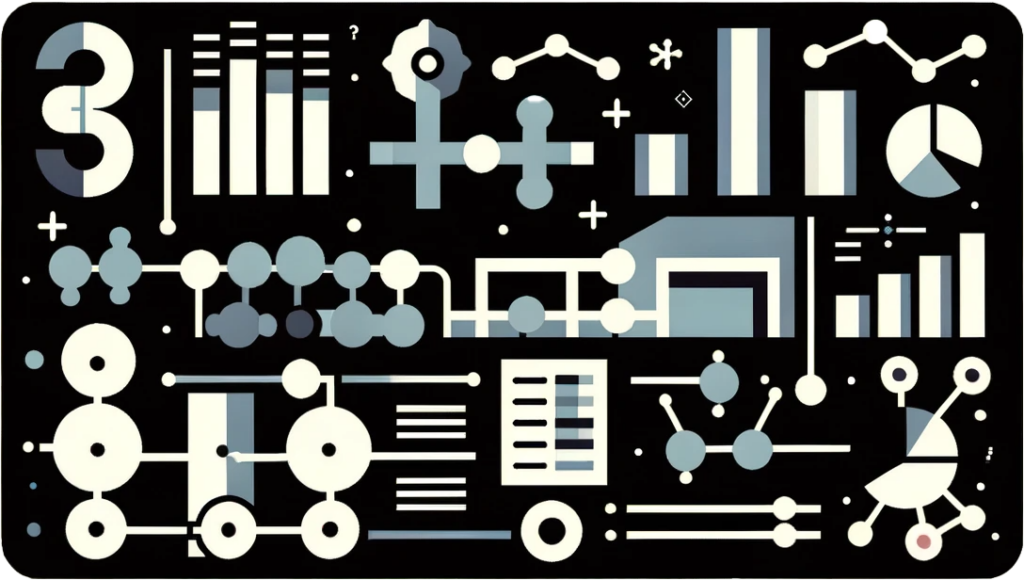
In an era where data is king, statistical analysis has become an essential tool in the arsenal of academics and researchers. It enables the extraction of meaningful insights from complex datasets, guiding decision-making and hypothesis testing across diverse disciplines. In this blog post, we will explore some of the top tools for statistical analysis, each offering unique features and capabilities to support the research community at UNC Charlotte and beyond.
1. R and RStudio: The Open-Source Champions
R is a free, open-source programming language and software environment renowned for its capabilities in statistical analysis and graphical representation of data. RStudio, an integrated development environment (IDE) for R, enhances its usability with a user-friendly interface.
Key Features:
- Comprehensive array of statistical techniques from linear and nonlinear modeling to time-series analysis.
- Extensive graphical capabilities for data visualization.
- A vibrant community contributing to a growing library of packages.
Ideal For: Researchers who need a robust, flexible tool for complex statistical analysis and are comfortable with programming.
2. SPSS: The User-Friendly Workhorse
IBM’s SPSS (Statistical Package for the Social Sciences) is a popular software package used for statistical analysis in social science. It is known for its user-friendly interface and powerful analytical capabilities.
Key Features:
- Intuitive interface with a menu-driven approach, suitable for non-programmers.
- Advanced capabilities for handling large datasets and performing a wide range of statistical tests.
- Strong output organization for easy interpretation and presentation of results.
Ideal For: Social scientists and researchers looking for a straightforward yet powerful tool for statistical analysis.
3. SAS: The Enterprise Standard
SAS (Statistical Analysis System) is a software suite developed for advanced analytics, multivariate analysis, business intelligence, and data management. It is widely used in industry and academia for its powerful data analysis capabilities.
Key Features:
- Robust data analysis and predictive modeling capabilities.
- Excellent support for data management and cleaning.
- High scalability and efficiency for handling large datasets.
Ideal For: Researchers in need of a comprehensive tool for complex data analysis, especially in large-scale studies or industry collaborations.
4. Python with Libraries (Pandas, NumPy, SciPy): The Versatile Toolkit
Python, a general-purpose programming language, has become a staple in data analysis thanks to libraries like Pandas, NumPy, and SciPy, which extend its capabilities for statistical analysis.
Key Features:
- Flexibility in handling different types of data and performing various statistical operations.
- Integration with other tools and platforms, making it suitable for a wide range of applications.
- Strong community support with extensive resources and documentation.
Ideal For: Researchers who are already familiar with Python or are interested in integrating statistical analysis with broader programming projects.
Selecting the right tool for statistical analysis depends on the specific needs, expertise level, and the nature of the research project. Whether it’s the open-source flexibility of R, the user-friendliness of SPSS, the comprehensive power of SAS, or the versatility of Python, each tool offers its unique strengths. By leveraging these tools, researchers at UNC Charlotte and beyond can uncover the stories hidden within their data, driving forward the frontiers of knowledge and innovation.